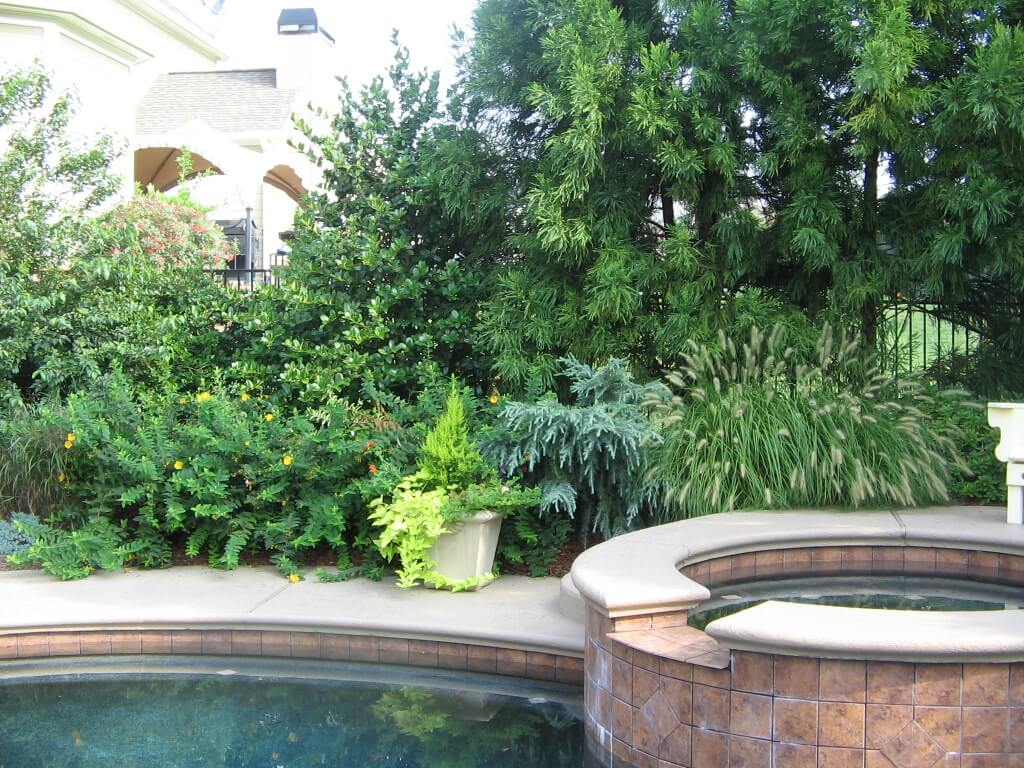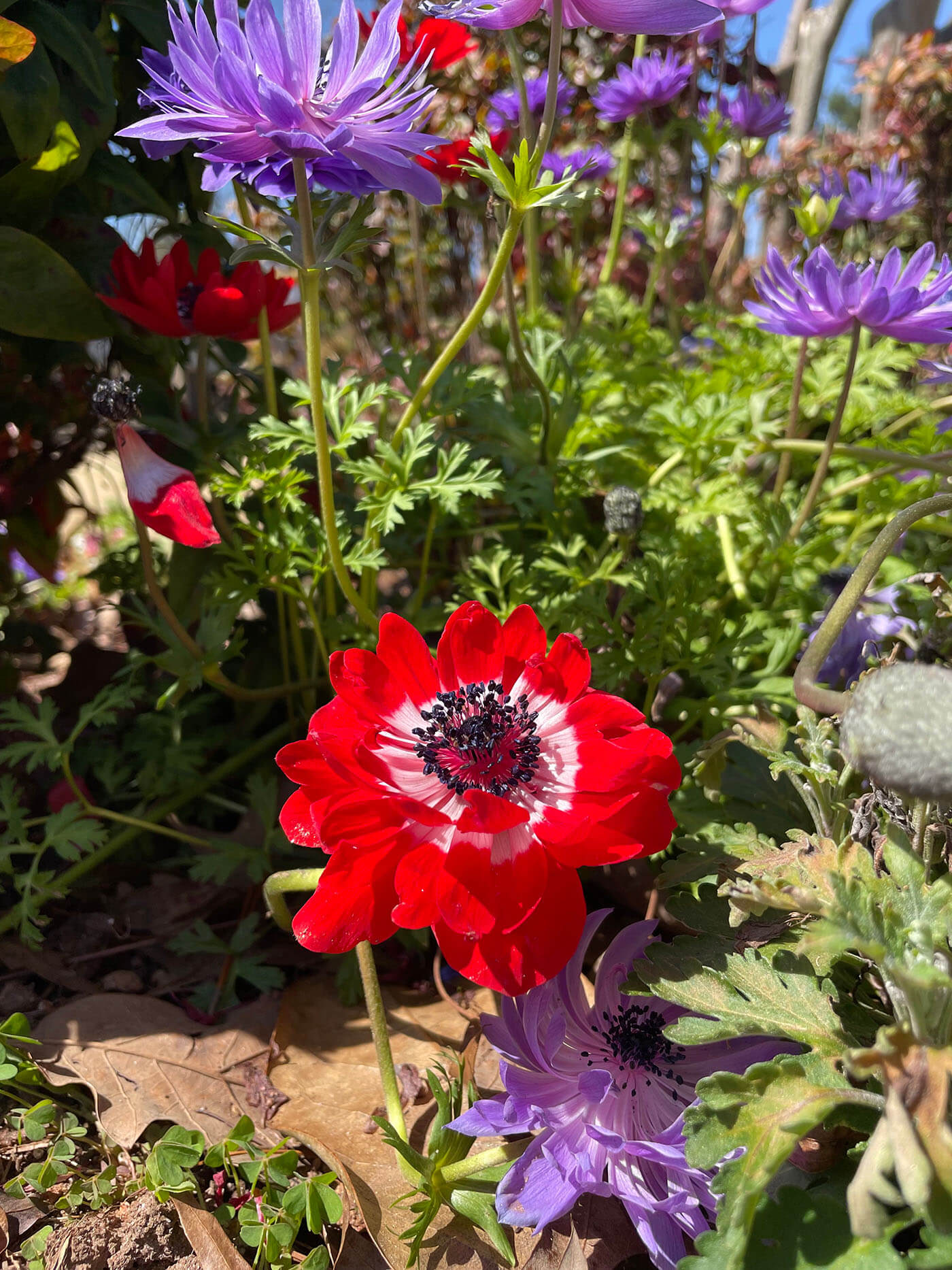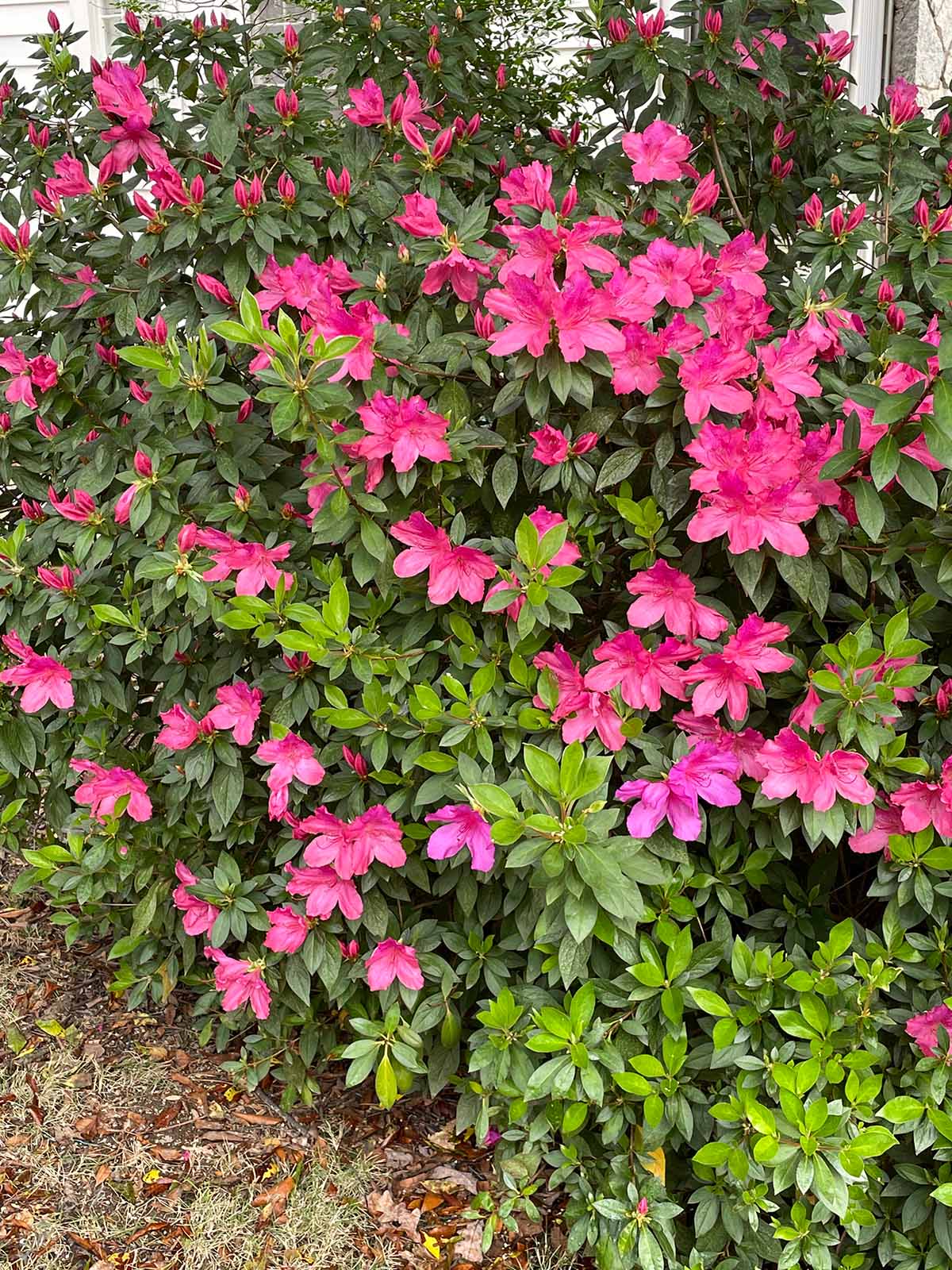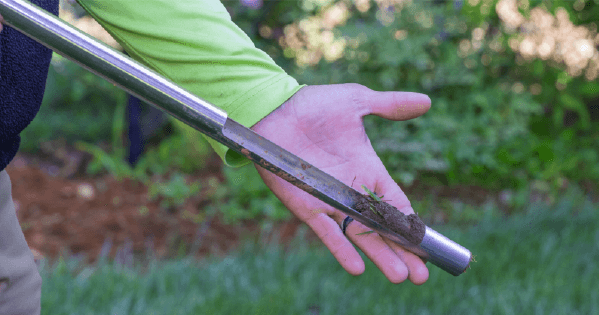
As you observe the plants in your landscape, are you noticing holes in leaves or jagged edges along their perimeter? Are the leaves yellowing or wilting? These and other symptoms such as sticky residue, webbing, and even unusual numbers of predators around plants can be signs that pests or diseases are affecting the overall health of plants in your landscape.
To restore the well-being of your plants and to ensure their vitality, we recommend introducing them to a regular Plant Health Care regimen. Plant Health Care involves the implementation of pest management practices and application of plant nutrients that are tailored to the long-term and short-term needs of the plants.
Simply Green Lawn Care delivers Plant Health Care services that offer a comprehensive and environmentally responsible approach to protect your landscape plants and to help them thrive. Our approach includes three main components – Integrated Pest Management, Horticultural Oil Treatments, and Root Zone Fertilization – which are implemented throughout the year in 7 applications.
Our Signature Plant Health Care Process
Simply Green’s Plant Health Care Services guard against pests and enhance the beauty of your landscape in 7 seasonal applications.

Mid Spring - Late Summer
Three Integrated Pest Management (IPM) treatments are made from mid-spring through late summer to keep your plants insect-free.
Early Fall
As fall begins, bio stimulants are applied to help plants recover from summer heat and prepare for winter dormancy.
Late Fall - Winter
Two Horticulture Oil treatments are made in late fall and winter as plants enter dormancy and pests are still actively laying eggs. Horticulture Oil will prevent existing eggs from hatching come springtime.
Early Spring
Early spring is the time to apply Root Zone Fertilization—a slow-release balanced fertilizer with micronutrients and a wetting agent. This liquid drench application provides season-long fertilization and prevents insects from making a home in your garden.
3 Pillars of Our Plant Health Care Process
The Simply Green Lawn Care approach to Plant Health Care includes three main pillars – Integrated Pest Management, Horticultural Oil, and Root Zone Fertilization. Continue reading to take a closer look at what each pillar entails.

Integrated Pest Management
Integrated Pest Management (IPM) is an effective and environmentally sensitive strategy that relies on a combination of practices such as chemical, biological, cultural, and physical pest control techniques. Realizing every pest management situation is different, IPM allows for unique and proactive solutions. Our Simply Green Professional Service Managers play a pivotal role in the success of our IPM approach.
Our in-house training program focuses on four key areas: Education, Investigation, Implementation, and Observation. During each IPM visit, a Service Manager inspects all plants and identifies active insects and diseases to determine which plants require treatment. After each treatment, you will receive a detailed observation report and recommended cultural practices for remedying or preventing pest activity and damage.

Horticultural Oil Treatments
Horticultural or dormant oil is applied during the dormant season and works by smothering overwintering insects, mites, and their eggs. This is especially important to gain control of mites, scales, and aphids that will overwinter on landscape plants.

Root Zone Fertilization
During our soil drench treatments, your Service Manager will soak the root zone of each of your ornamental landscape plants with our custom blend of nutrients, soil amendments, and insecticide. The nutrients help to promote new leaf and flower formation while the soil amendment promotes nutrient uptake and better soil structure. Roots absorb the insecticide to systemically guard against harmful insects.
Frequently Asked Questions
Plant Health Care Services are essential for maintaining thriving and productive gardens, landscapes, and ecosystems in our Georgia climate. The benefits of enlisting the help of lawn and garden experts for restoring and maintaining the health of your plants:

- Optimal Growth and Development: Plant Health Care practices ensure plants receive adequate nutrients, water, and care, promoting healthy growth, flowering, and fruiting.
- Pest and Disease Management: Monitoring plant health allows for early detection of pests and diseases, enabling timely intervention to minimize damage and prevent spread.
- Enhanced Aesthetic Appeal: Well-maintained plants enhance the visual appeal of gardens and landscapes, contributing to the overall beauty of outdoor spaces.
- Economic Value: For homeowners and businesses, maintaining plant health can protect property values by preserving landscaping investments and reducing the need for costly replacements.
- Sustainability: Maintaining plant health often emphasizes sustainable gardening techniques such as water conservation, composting, and Integrated Pest Management (IPM), which minimize environmental impact.
- Resilience to Environmental Stress: Healthy plants are more resilient to environmental stresses such as drought and extreme temperatures (hot or cold) which can help them survive and thrive in challenging conditions.
- Educational and Recreational Benefits: Gardening and plant care provide opportunities for education, recreation, and stress relief – promoting physical and mental well-being.
- Environmental Benefits: Healthy plants contribute to improved air quality by absorbing carbon dioxide and releasing oxygen. They also provide habitat and food for beneficial insects, birds, and other wildlife.

